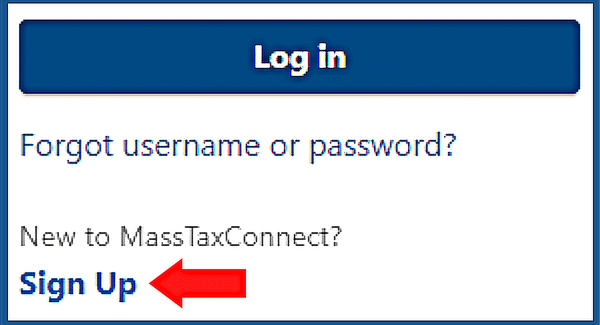If you're a buyer, transferee, or user, who has title to or has a motor vehicle or trailer, you're responsible for paying sales or use tax.
Motor vehicle or trailer sales or use tax is due by the 20th day of the month following the purchase, use, storage, or any other consumption within Massachusetts.
If the sales or use tax is not paid on time, the buyer will have to pay interest and penalties.
The sales tax applies to transfers of title or possession through retail sales by registered dealers or lessors while doing business. If the sale is made by a motor vehicle or trailer dealer or lessor who is registered, the sales tax rate is 6.25%.
The use tax applies to all other types of transfers of title or possession where the vehicle transferred is stored, used, or consumed in Massachusetts.
If a motor vehicle is casually sold (not sold by a dealer or lessor), the use tax rate is 6.25% of the greater of:
- The actual sales price for the vehicle, or
- The motor vehicle's clean trade-in value (book value)
- Note: For trailers, you are taxed on the actual sales price. Book value rules do not apply.
If you purchase a motor vehicle or trailer outside of Massachusetts and bring it into Massachusetts within 6 months for permanent use, a use tax is due by the 20th day of the following month when the vehicle entered Massachusetts.
For example, if you purchased a motor vehicle in New Hampshire on January 1st and brought it into Massachusetts on June 30th, a use tax would be due by July 20th.
To learn more visit, 830 CMR 64H.25.1: Motor Vehicles.
Registration
Every buyer who is required to register or title the vehicle in Massachusetts, must file the Registration and Title Application within 10 days of buying, transferring, or using the vehicle within Massachusetts and pay any applicable tax to the RMV.
Every buyer who is not required to register or title the vehicle in Massachusetts, must file a completed Form ST-7R: Motor Vehicle Certificate of Payment of Sales or Use Tax by the 20th day of the month after the buying, transferring, or using the vehicle, and pay any applicable tax to DOR or the RMV. For faster processing, DOR recommends you file and pay the Form ST-7R online with MassTaxConnect.
Visit:
